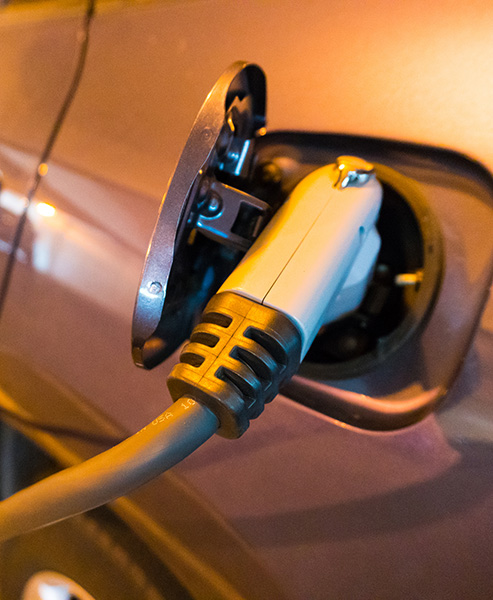
About FCAI
FCAI is the peak industry organisation representing the Australian motoring industry.

Safety
Learn more about the safety technology FCAI members are bringing to Australian roads.

Environment
Learn more about Australia’s transition to a zero-emission light vehicle fleet.

Get VFACTS
The premier data source for new car sales in Australia.

New vehicle sales for March 2024
totalled
109647
up 12.7% from March 2023
The Sports Utility Market is up by 20.7 per cent on March 2023 while the Light Commercial market is up by 4.8 per cent on last year’s figures. Passenger vehicles totalled 17,611 vehicles sold, an increase of 2.5 per cent on March 2023 figures.
NEWS
- FCAI response to 2024–25 Pre-Budget submissionsThe Federal Chamber of Automotive Industries (FCAI) welcomes the opportunity to provide a submission for the 2024–25 Budget. The FCAI is the peak representative organization for companies who distribute new passenger vehicles, light commercial vehicles and motorcycles and all-terrain vehicles in Australia. We urge the Federal Government to enhance investment in recharging infrastructure across Australia. […]
Learn More from FCAI response to 2024–25 Pre-Budget submissions
Australia’s Top sellers
March 2024
Sales
In 2024, a total of 304,452 new vehicles have been delivered in Australia. This is an increase of 13.2 per cent than the same time last year. To date, SUVs have claimed 58.9 per cent of the market, Light Commercial Vehicles 21 per cent and passenger vehicles 16.1 per cent.
If you would like more detailed information about vehicle sales including breakdowns by model, state, fuel-type or buyer type.
58.9
%
SUVs
21
%
Light Commercial Vehicles
16.1
%
Passenger vehicles